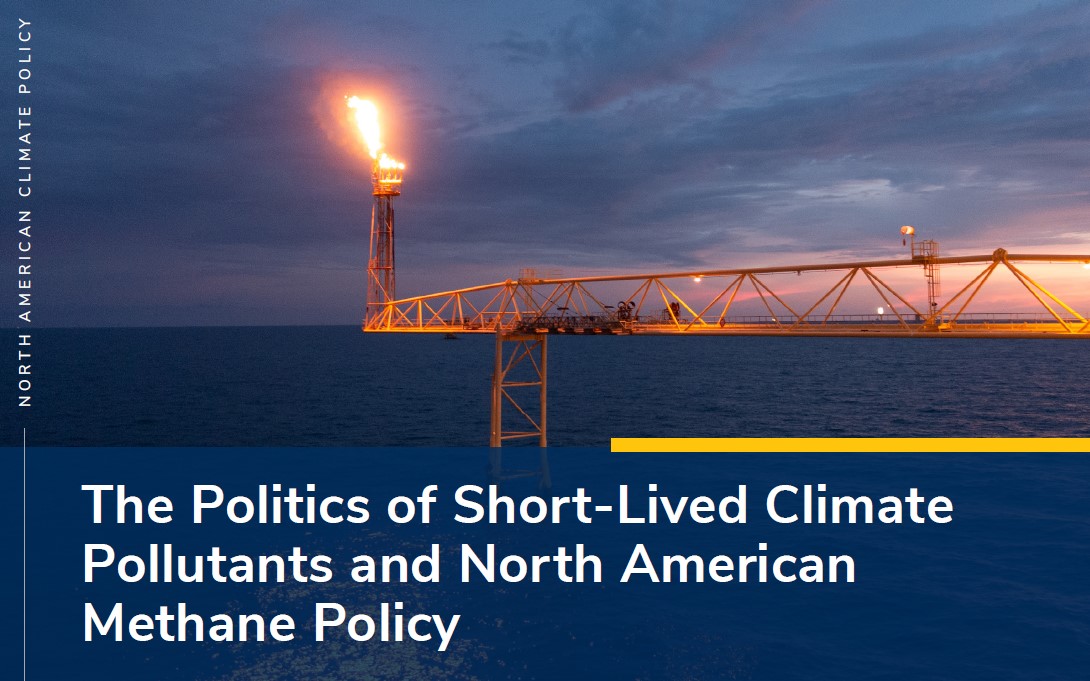
This paper is part of the North American Colloquium (NAC), a collaborative venture between the Autonomous National University of Mexico, University of Toronto, and University of Michigan. Established in 2018, the NAC brings together leading academic analysts and practitioners from Mexico, Canada and the United States to address key social and policy issues facing all three countries. Each year, the three partner universities select a theme, and one serves as the host to convene joint activities throughout the year.
